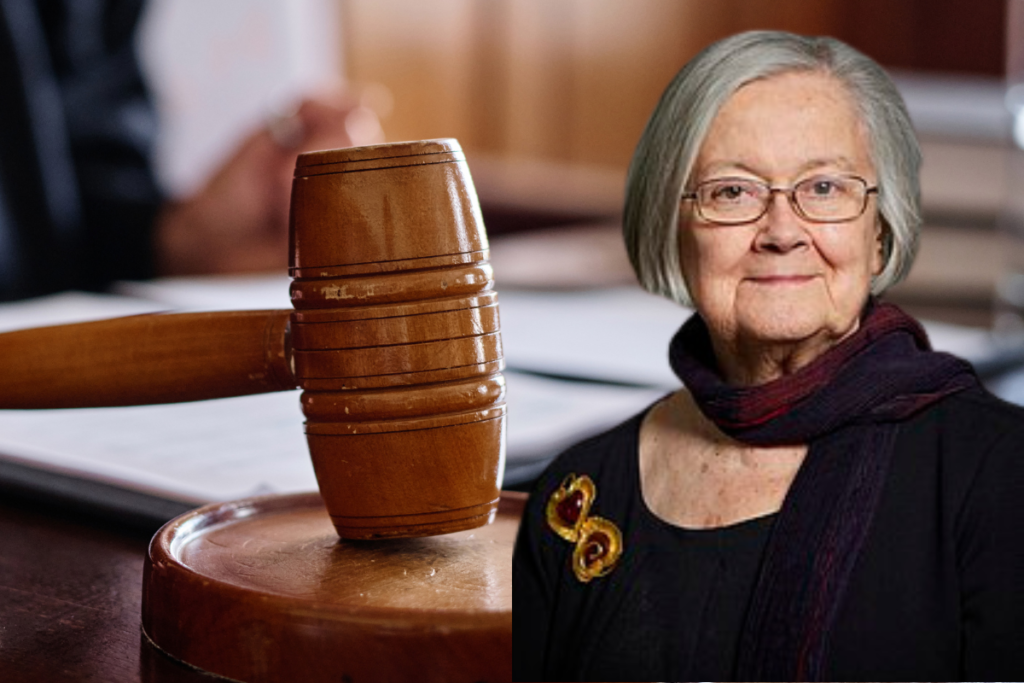In a significant display of dissent, over 70 tractors formed a convoy in Gloucestershire on February 11, 2025, to protest recently announced changes to inheritance tax that will impact agricultural assets.
This protest coincided with a parliamentary debate concerning tax exemptions for working farms and took place in Tewkesbury, Stroud, and Gloucester, among other locations across England.
The government’s announcement in October to impose a 20% inheritance tax on agricultural assets exceeding £1 million has ignited fierce opposition among farmers. While a £3 million threshold applies to some farmers, the changes are perceived as detrimental to the viability of many family-run farms.
Farmers argue that the new tax will contribute to rising food prices and could jeopardize their livelihoods.
Alan Hocken, a farmer from Grange Farm, articulated the concerns shared by many in the agricultural community. “The future for young farmers is doom and gloom,” he stated, further explaining that the inheritance tax changes would “definitely” make operating a farm less feasible.
“We’re working on a very, very tight margin now,” he added, highlighting the financial pressures faced by farmers. Hocken urged the government to reconsider its stance, suggesting that it either seek alternative options or completely abolish the tax.
The government asserts that the majority of farms will not be adversely affected by the changes, with Prime Minister Rishi Sunak defending the policy. He emphasized that no tax would be levied on the first £325,000 above the inheritance limit, effectively raising the untaxed threshold for couples to £3 million when factoring in existing exemptions.
For farmers, this includes the ability to pass assets to a spouse tax-free, which is designed to alleviate some of the financial burden.
However, the response from local farmers and their representatives reflects a deep-seated concern regarding the impact of these policies. Stroud MP Dr. Simon Opher acknowledged the challenges posed by the new measures while asserting that they are necessary to fund critical public services, including the National Health Service (NHS).
“In normal circumstances, farmers will get £3 million free of inheritance tax, and after that, they pay half of the normal rate that most people pay on over £1 million,” he stated, indicating that while the changes are difficult, they are deemed essential for economic sustainability.
As the dialogue surrounding these tax changes continues, the protest serves as a vital reminder of the complexities inherent in agricultural policy and the need to balance fiscal responsibility with the preservation of the farming sector. The outcome of this debate and its potential implications for farmers will likely remain a focal point of discussion in both political and agricultural circles in the coming months.



